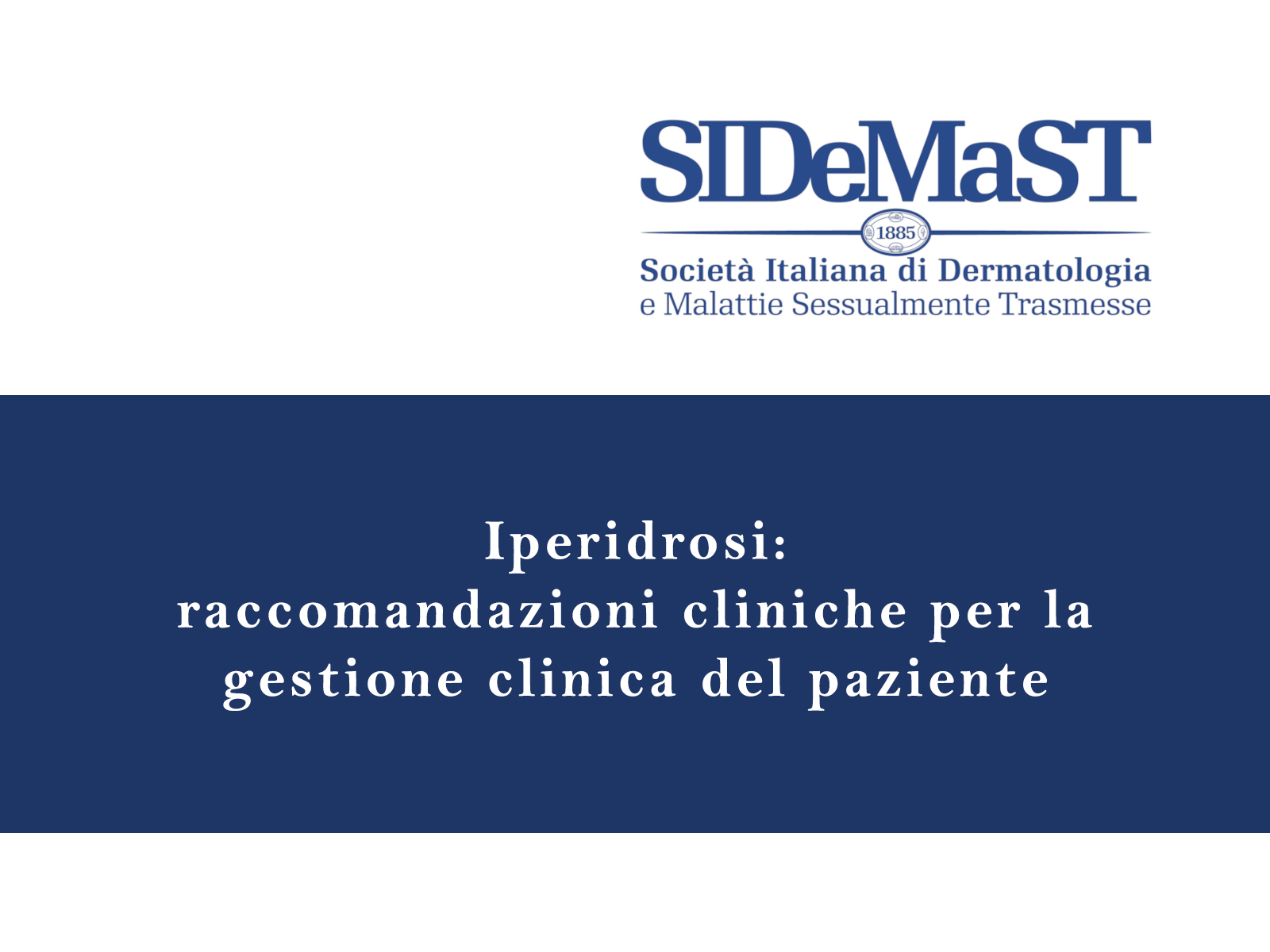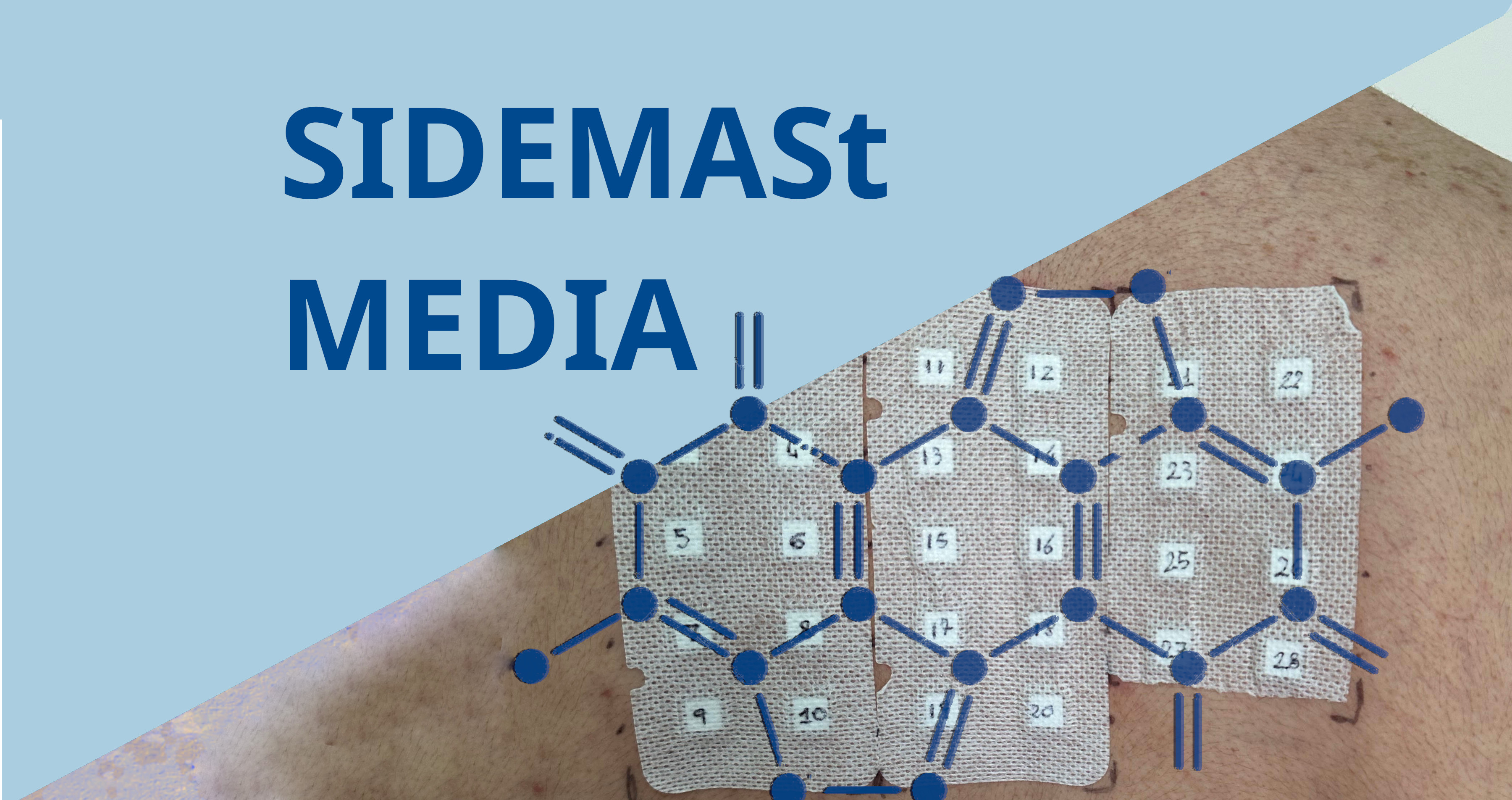Neutrophilic dermatoses are a heterogeneous group of inflammatory skin disorders that present with unique clinical features but are unified by the presence of a sterile, predominantly neutrophilic infiltrate on histopathology. The morphology of cutaneous lesions associated with these disorders is heterogeneous, which renders diagnosis challenging.
Moreover, a thorough evaluation is required to exclude diseases that mimic these disorders and to diagnose potential associated infectious, inflammatory, and neoplastic processes. While some neutrophilic dermatoses may resolve spontaneously, most require treatment to achieve remission.
Delays in diagnosis and treatment can lead to significant patient morbidity and even mortality. Therapeutic modalities range from systemic corticosteroids to novel biologic agents, and the treatment literature is rapidly expanding.
The first article in this continuing medical education series explores the pathogenesis of neutrophilic dermatoses and reviews the epidemiology, clinical and histopathologic features, diagnosis, and management of Sweet syndrome, neutrophilic eccrine hidradenitis, and Behçet disease.










